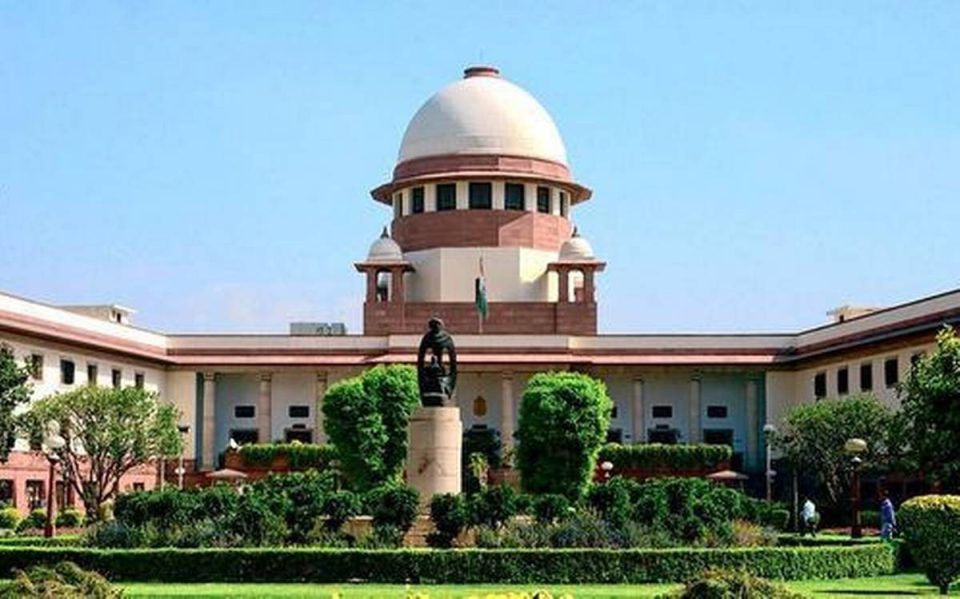Supreme Court Affirms Landmark Decision: Abrogation of Article 370 in Jammu and Kashmir Upheld
On December 11, a five-member Constitution bench of the Supreme Court, led by Chief Justice D.Y. Chandrachud, upheld the abrogation of Articles 370 and 35A, emphasizing the temporary nature of Article 370 and stating that the erstwhile State of Jammu and Kashmir had no internal sovereignty. The apex court asserted that, following the Instrument of Accession and the adoption of the Constitution of India on November 25, 1949, Jammu and Kashmir lost any element of sovereignty it may have had.
According to the sources, the court rejected the notion that the concurrence of the State government was necessary to apply the Indian Constitution to Jammu and Kashmir. Chief Justice Chandrachud highlighted that decisions made by the Centre during Presidential rule couldn’t be challenged, addressing the debate over irreversible decisions in the absence of an elected Legislative Assembly.
The Constitution bench, including Justices S.K. Kaul, Sanjiv Khanna, B.R. Gavai, and Surya Kant, alongside Chief Justice Chandrachud, directed the Centre to restore statehood and conduct Legislative Assembly elections by September 2024. Each judge provided a separate but concurring judgment.
Chief Justice Chandrachud emphasized that the Constitution of India is a comprehensive guide for constitutional governance, asserting the President’s power under Article 370(3) to unilaterally issue a notification ending Article 370. He clarified that the President didn’t need the concurrence of the State or Union Government to apply all provisions of the Constitution to Jammu and Kashmir.
Justice Kaul’s verdict highlighted Article 370’s purpose, aiming to bring Jammu and Kashmir in line with other Indian States. He proposed the establishment of an impartial “truth-and-reconciliation commission” to investigate human rights violations in the region since 1980.
The responses to the judgment were diverse. Former Chief Minister Omar Abdullah expressed disappointment, asserting that the decision contradicted previous observations on Article 370’s permanence. He vowed to continue the political struggle. Mehbooba Mufti, another former Chief Minister, declared that the fight for honor and dignity would persist.
In contrast, the BJP, which championed the campaign to end Jammu and Kashmir’s special status, celebrated the verdict. Prime Minister Narendra Modi hailed it as a “resounding declaration of hope, progress, unity” for the people in J&K and Ladakh.
The Supreme Court’s decision marks a significant legal affirmation of the government’s move to abrogate Articles 370 and 35A, setting the stage for potential socio-political changes in Jammu and Kashmir and emphasizing the principles of national integration and equality under the Indian Constitution.

